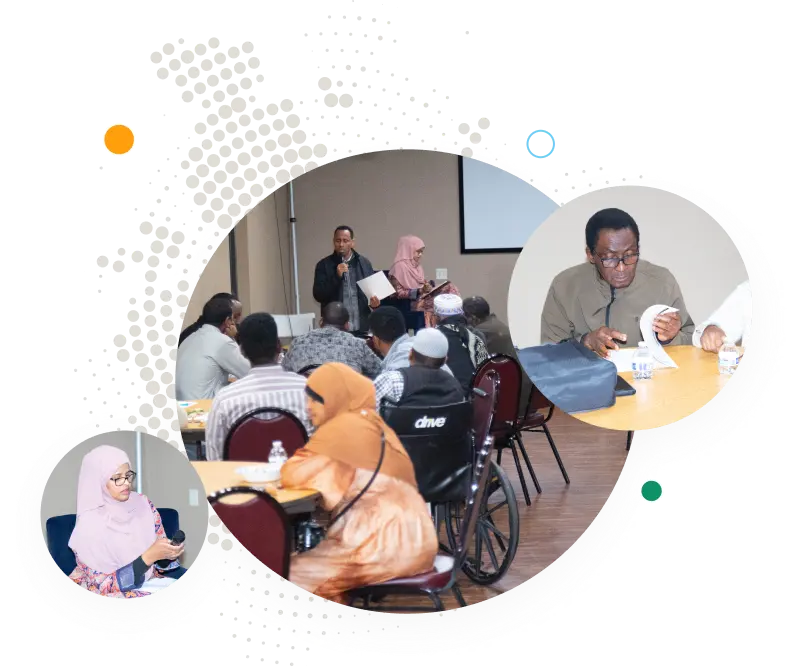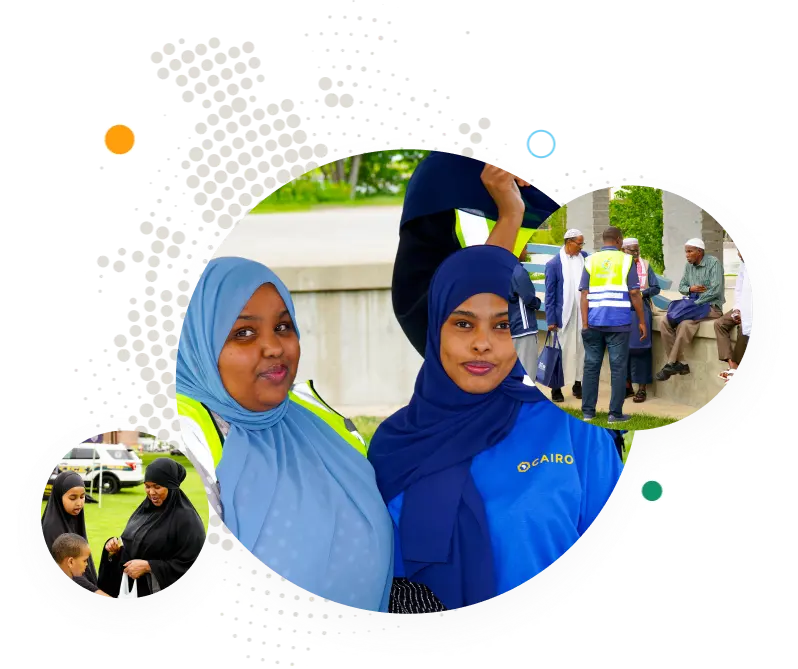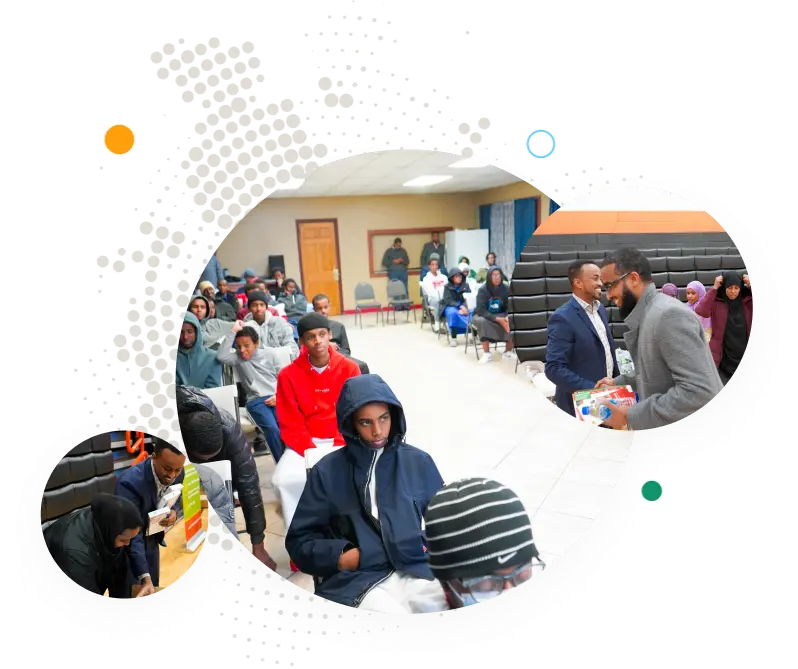Cultivating Wellness in Every Community
Health is a universal language, but not everyone has the same literacy and access to healthcare resources. At CAIRO, we strive to change that narrative by focusing on Health Equity—ensuring every individual in our community has both health literacy and access to the care they need and deserve.

INSPIRE
Immigrants and Newcomer Support Programs for Integration, Resilience, and Empowerment
The INSPIRE (Immigrants and Newcomer Support Programs for Integration, Resilience, and Empowerment) project is an ambitious initiative designed to systematically address the health inequities experienced by African immigrants and refugees in Minnesota communities. By forging a robust alliance among community organizations, public health departments in multiple Counties, INSPIRE aims to devise and implement innovative, culturally responsive strategies to promote health equity and resilience among these underserved populations, focusing on the key factors influencing health disparities.
SHINE
Sustainable Health Improvement & Nutrition Education
The SHINE (Sustainable Health Improvement & Nutrition Education) Project closely works with health care providers and practitioners to offer chronic diseases education and management, preventative care classes including physical exercise, nutrition education and transportation for seniors over the age of 60. We partner with the City of St. Cloud’s Whitney Senior Center to offer the first National Diabetes Prevention Program to a Somali cohort that is held on-site at CAIRO. We also partner with them to convene multi-ethnic dialogues on healthy living for seniors living around the St. Cloud Metro Area.


COPE
Communities Organized to Prevent and End (COPE)
The Communities Organized to Prevent and End (COPE) Addiction initiative is a response to the urgent need to address and overcome the challenges posed by substance use disorders (SUD). The COPE initiative offers a lifeline to those grappling with substance use through community outreach and education, as well as navigation support services toward recovery and health.
